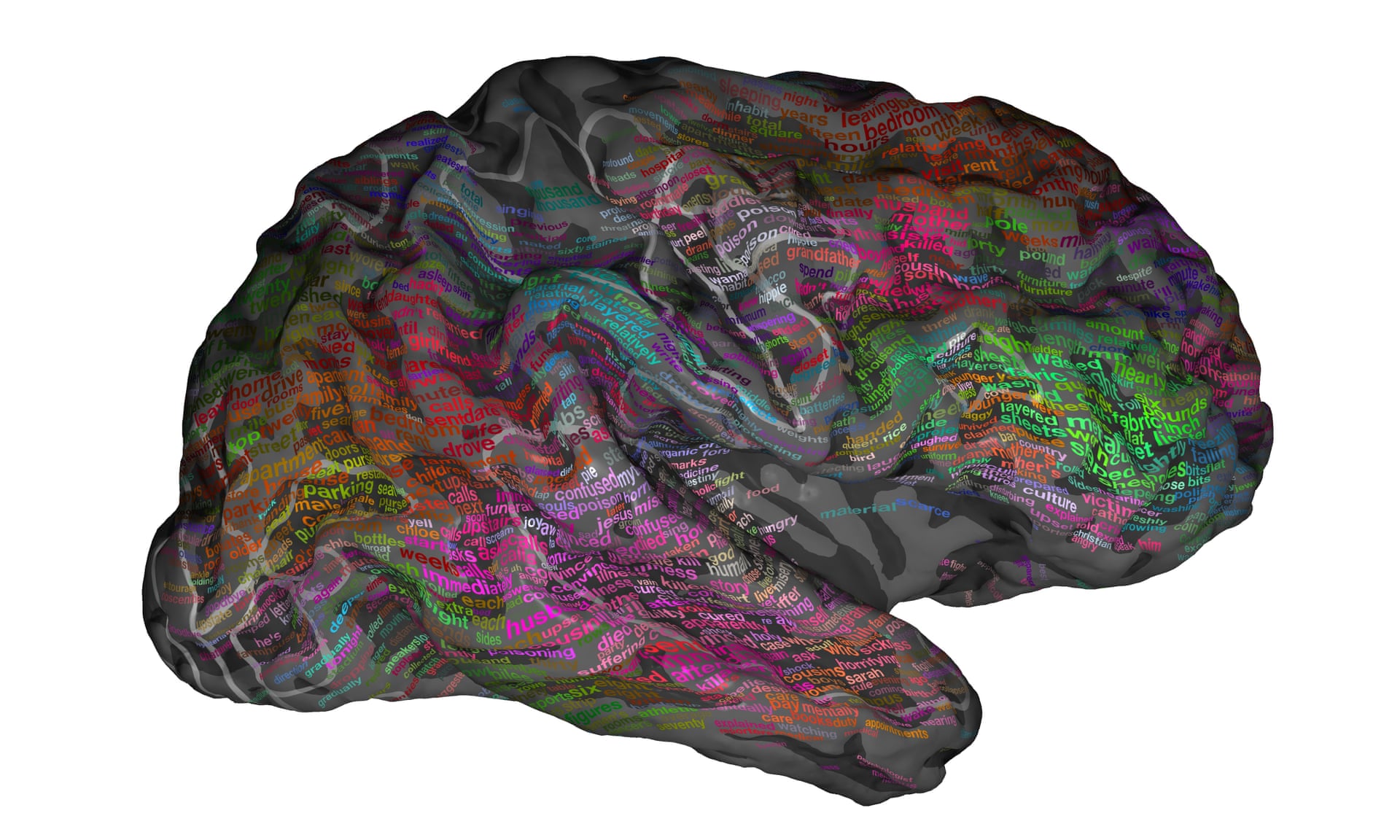Every so often I like to pick up books at semi-random off the new books shelf in the library. One of the serendipitous discoveries this round is a reprint of D.H. Lawrence’s Mornings in Mexico (1934), a collection of essays from his time in Mexico and the Southwest of the US.
I’ve never been able to get very far into Lawrence’s famous novels, but I’ve loved his wild, hypnotic poetry since I was a teen. I think you could accuse Lawrence of various kinds of intellectual sins; his writing is both baroque and brutal: opinionated, patronizing, flat-out ridiculous half the time, but the rest of the time he’s more right than any careful, thoughtful, tactful writer could ever be. So it is with the thinking of poets I suppose: for the most part indefensible but occasionally crucial.
His most striking essay in the collection is “Indians and Entertainment” in which he compares the metaphysics of Western drama with the anti-metaphysics of Indian communal ceremonies.
Lawrence says of the Western tradition of entertainment from classical Greek drama to Hollywood: “The secret of it all, is that we detach ourselves from the painful and always solid trammels of actual existence, and become creatures of memory and of spirit-like consciousness. We are the gods and there’s the machine, down below us.” From drama we’ve progressed to the cinema and modern man’s passion for movies: “In the moving pictures he has detached himself even further from the solid stuff of earth. There, the people are truly shadows; the shadow-pictures are thinkings of his mind. They live in the rapid and kaleidoscopic realm of the abstract. And the individual watching the shadow-spectacle sits a very god, in an orgy of abstraction, actually dissolved into delighted, watchful spirit.”
We have many vices in the West. Some of our vices are ruthlessly destructive. This vice, this addiction - our lust for entertainment - is the one that may well be self-destructive. It is slowly luring us into an abstracted, distracted passivity.
Of the Native American/Indian idea of entertainment, Lawrence says, “ He hasn’t got one.”
He says that the consciousness of the Indian and the West are irreconcilable, fatal to each other: “That is, the life of the Indian, his stream of conscious being, is just death to the white man. And we can understand the consciousness of the Indian only in terms of the death of our consciousness.” By this dichotomy, Lawrence tries to show up the dishonesty of well-meaning, enlightened Westerners who consume Indian communal performances as entertainment and spectacle.
“The Indians dance around the drum, singing” Theirs is not an entertainment but an experience, a renewal, repetitive, wordless, meaning nothing but joining everything together, no beginning and no end.
“Yet perhaps it is the most stirring sight in the world, in the dark, near the fire, with the drums going, the pine-trees standing still, the everlasting darkness, and the strange lifting and dropping, surging, crowing, gurgling, aah-h-hing! of the male voices.”
The Indian ceremonial is a direct experience of the wonder of the world, in the deep places “of the blood” and shared life.
Lawrence says a great deal more about the Indian ceremonies and dances and a modern anthropologist would shudder at most of what he has to say. He shamelessly projects his own artistic obsessions onto Indian ceremonials.
And yet, there is the door he cracks open for us, we entertainment-besotted global consumers tethered to our smartphones, our Netflix and HBO.
We could experience the world again, instead of succumbing to our entertainment. If we experienced it, perhaps we would love it with the intensity we need to summon to nurture life as a conscious goal. This would be a startling innovation within our civilization, which has always more or less taken life for granted.
To experience the world costs nothing, but we may have to die to everything we think we know about the world to walk away from entertainment. Perhaps it is more dangerous than we can possibly imagine. The abstractions in which we are enthralled, perhaps they protect us from the harsh realities of our own voracious human nature. We may have gone way past the possibility of experience as a chosen thing, and must make do with the virtual delights of civilized entertainment because there are simply too many of us humans. Without the resource extraction efficiencies of the global economic machine we would not be able to keep ourselves fed, and without the entertainment complex we would see all too clearly our growing imprisonment in our own economic machine. That may be the cold, hard truth of the next few decades, but I'll not stop acting as if we can choose otherwise.


